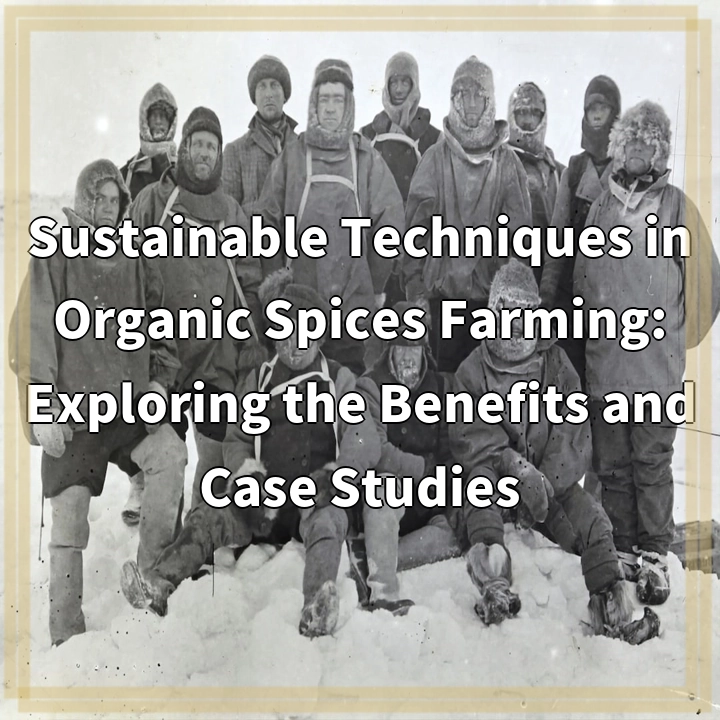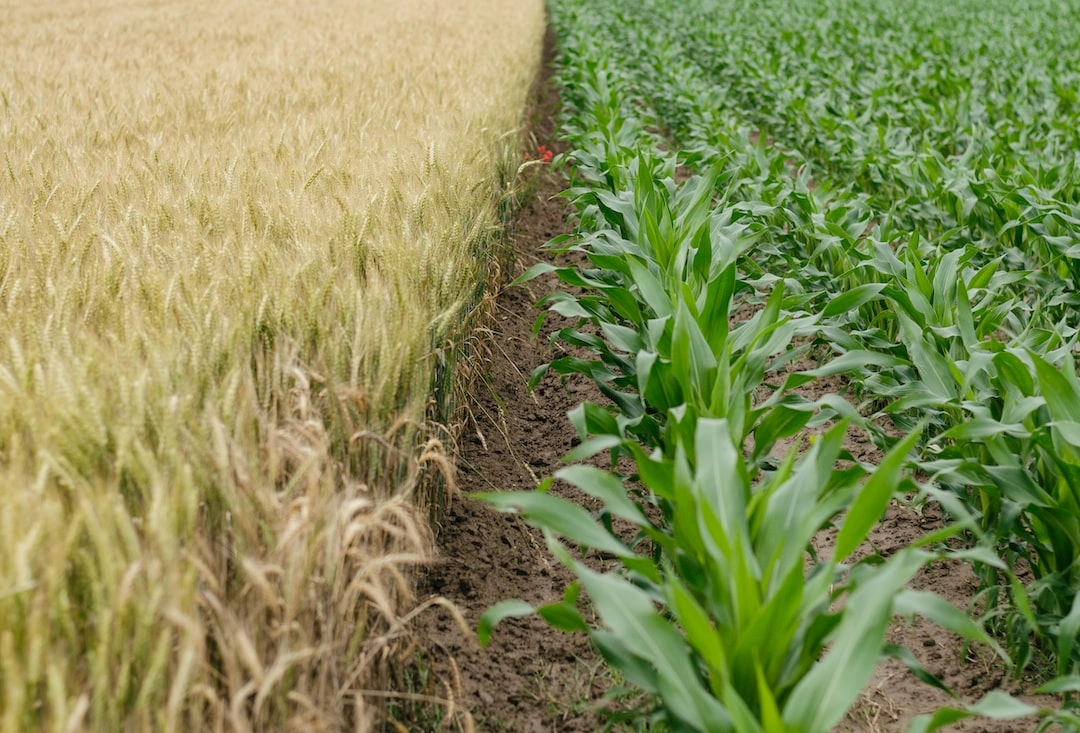
What are Sustainable Techniques in Organic Spices Farming?
Sustainable techniques in organic spices farming involve the adoption of practices that minimize the impact on the environment while ensuring the production of high-quality and organic spices. It encompasses a range of strategies that promote biodiversity, conserve resources, and prioritize the well-being of the ecosystem.
Exploring the Benefits of Sustainable Techniques
Sustainable techniques in organic spices farming offer several benefits:
1. Environmental Preservation
By avoiding the use of synthetic chemicals and pesticides, organic spice farming helps to maintain a healthy and diverse ecosystem. This approach promotes soil fertility, reduces water pollution, and preserves biodiversity by safeguarding important habitats for plants and animals.
2. Health Benefits
Organic spices cultivated using sustainable techniques are free from harmful chemical residues, making them healthier for consumers. These spices are prized for their rich flavor, nutritional value, and potential therapeutic properties.
3. Economic Sustainability
Sustainable spice farming practices contribute to the long-term economic viability of farming communities. By prioritizing organic and sustainable practices, farmers can access high-value markets that appreciate the ecological and social benefits associated with organic production methods.
Real-World Problems Associated with Sustainable Techniques in Organic Spices Farming
While sustainable techniques in organic spices farming offer numerous benefits, there are also a few challenges to consider:
1. Knowledge and Training
Transitioning to sustainable practices requires farmers to acquire new knowledge and skills. Access to appropriate training and educational resources is crucial to help farmers understand the principles and techniques of organic farming and ensure successful implementation.
2. Market Demand and Pricing
Although there is a growing demand for organic spices, market access and fair pricing can be challenging for small-scale farmers. Establishing strong market connections, negotiating fair trade agreements, and raising awareness about the value of sustainably produced spices are essential to address this issue.
3. Pest and Disease Management
Organic spice farming relies on natural pest and disease management techniques, which can be more time-consuming and complex than conventional chemical-based methods. Strategies such as crop rotation, companion planting, and biological controls must be carefully planned and implemented to effectively prevent and manage pest and disease outbreaks.

Solutions for Sustainable Techniques in Organic Spices Farming
Addressing the challenges associated with sustainable techniques in organic spices farming requires a proactive and multi-faceted approach:
1. Knowledge Sharing and Training Initiatives
Investing in educational programs and training initiatives can equip farmers with the necessary knowledge and skills to adopt sustainable techniques. Collaborating with agricultural institutions, extension services, and experienced farmers can help create platforms for knowledge sharing and capacity building.
2. Market Development and Advocacy
Supporting market development for organic spices and advocating for fair pricing is vital. Engaging in partnerships with sustainable certification organizations, promoting the value of organic spices, and establishing direct connections between farmers and consumers can contribute to a more sustainable and equitable spice market.
3. Research and Innovation
Investing in research and innovation can help address pest and disease management challenges. Developing and sharing effective organic pest control techniques, identifying and breeding disease-resistant spice varieties, and exploring innovative farming practices can lead to more sustainable and resilient organic spice production.
4. Policy Support
Strengthening policy support for sustainable techniques in organic spices farming is crucial. Governments can provide incentives, subsidies, and regulatory frameworks that promote and encourage the adoption of organic farming practices. Collaborating with policymakers, farmer associations, and environmental organizations can help shape supportive policies.
By implementing these solutions, we can overcome the challenges and further promote sustainable techniques in organic spices farming, ensuring a more environmentally friendly, socially responsible, and economically viable spice industry.















